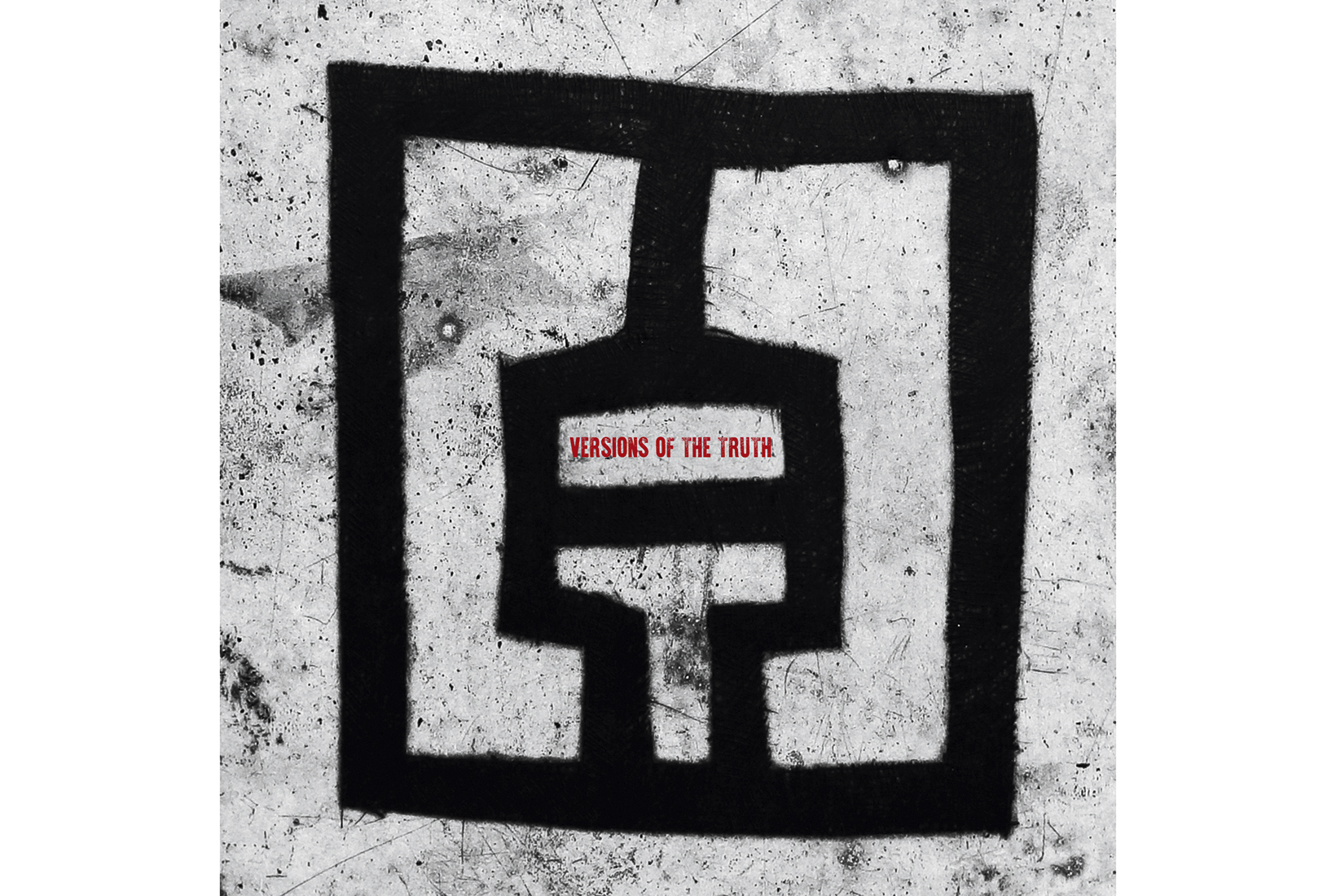Of all the various subdivisions in that wheezing and crippled phenomenon that we call rock music, prog has fared better than most, spawning its own devilish offspring in math rock and post-rock. Why? Maybe we are more amenable to bombast and pretension these days. Or perhaps new studio technology lends itself to the genre — hell, you can hear prog time signatures in top ten hits. Maybe more to the point, prog offers a broader avenue than, say, heavy metal or punk. Prog is often what bands end up doing even if that’s not what they think they’re doing: Radiohead, Muse — even Arcade Fire or the National.
This is the 14th album from Somerset band the Pineapple Thief (prog is very much a West Country thing). That’s more than Emerson Lake and Palmer or King Crimson managed. It’s a concept album, natch, about post-truth: fine by me and no more stupid than, say, Tales from Topographic Oceans or Pictures at an Exhibition. The songs are of medium length and you will search long and hard for a guitar solo. Instead, familiarly portentous synths. Pernickety electronic rhythms. The occasional, and very welcome, crunch of a decent guitar riff, such as on ‘Break It All’ and ‘Demons’. Other than Bruce Soord’s somewhat precious vocals — halfway between Jon Anderson and Thom Yorke on the international scale of effete prog warblers — nothing greatly offends, although the 1980s clatter of ‘Our Mire’ outstays its welcome by four minutes. Only ‘Demons’, though — the first single from the album — sticks to the inside of your brain and demands a repeat performance. The playing is virtuoso, the compositions terribly slight. Which was always prog’s problem.










Comments
Join the debate for just £1 a month
Be part of the conversation with other Spectator readers by getting your first three months for £3.
UNLOCK ACCESS Just £1 a monthAlready a subscriber? Log in